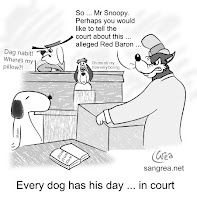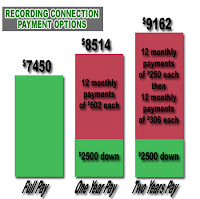
We offer certificate programs in all aspects of filmmaking, radio broadcasting and audio engineering, but the really good news is that our Sallie Mae financial aid package more students have been able to get a start toward their career dreams with the Recording Connection, Radio Connection, and the Film Connection. Sallie Mae is the nation's leading provider of student loans. It is a free service, that comes with a Sallie Mae specialist who prepares student applications, which makes it ten times more likely for students to qualify for their loan.
What is covered by Sallie Mae student loans is the entire tuition costs and up to 60 percent in additional funds for living expenses and equipment purchases. Students who are 18 years of age or older with good credit may qualify for a zero down, low interest loan, starting at Prime Rate + 0%. Students can take up to 15 years to pay back the loan.
Entertainment Career Connection also provides other funding choices for those who don't qualify for Sallie Mae. Not only will Sallie Mae cover the entire tuition cost of $7450, but also loan up to 60% additional, or $4470, for living expenses and purchases.
CEO James Petulla said, “We started the new Sallie Mae student loan program in April of this year, and the program has financed about 84 students since then.”
More than 6,000 students have graduated from Entertainment Career Connection programs over the last 25 years, creating a vast alumni network. The company provides educational apprentice programs for the entertainment arts including the film, radio, television and music recording industries.
This is a fully accredited academic institution, and the Entertainment Career Connection programs are certified by the National Private Schools Accreditation Alliance with mentor programs in more than 100 U.S. cities in all fifty states. With corporate headquarters in Los Angeles, California and New York City, the Entertainment Career Connection schools are unlike any others, as students learn from successful mentors in real world situations in real studio and film sets.
Recently, nearly two dozen student loan lenders nationally have announced they are restricting, suspending or terminating new loans to students through the Federal Family Education Loan Program, or FFEL, the federally-guaranteed, low-cost initiative that provided college financing last year to 7 million students around the country.









